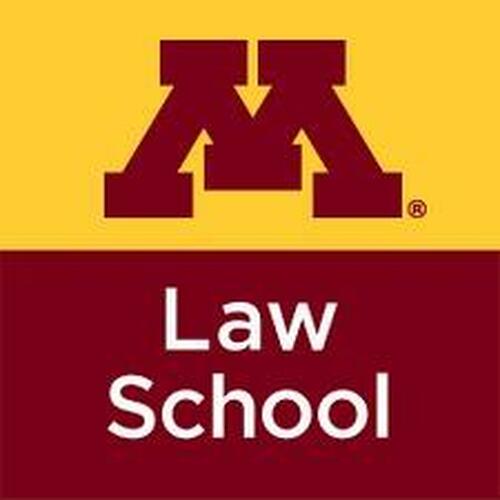There is a curious resolution of a civil right complaint against University of Minnesota Law School over a diversity fellowship sponsored by the law firm of Jones Day. Despite being created by a law firm and administered by a law school, the fellowship violated federal law in excluding white and male applicants. The law school finally threw in the towel, but there remains an uncertainty over whether the school is engaging in a subterfuge by opening up the scholarship while retaining its original purpose.
The Jones Day Diversity Fellowship launched in December 2022 to extend full tuition for three years at the law school. The scholarship also allows the recipient to work as a summer associate at Jones Day, one of the most sought-after firms for summer employment. The firm website maintains that “We aggressively pursue hiring, retaining, and developing lawyers from historically underrepresented groups and backgrounds.”
Various conservative sites have slammed the diversity fellowship, which was the subject of a civil rights complaint by Adam Kissel.
The September 2023 complaint to the U.S. Department of Education’s Office for Civil Rights (OCR) is now closed following a settlement to drop any “preference based on race or sex.”
The question is what difference the settlement will make in actual awards.
Law schools have been accused of “gaming the system” on admissions criteria for years to circumvent federal law and governing cases on the use of race or gender. Those concerns only increased after the Supreme Court categorically rejected the use of race in admissions in Students for Fair Admissions Inc. v. President & Fellows of Harvard College and Students for Fair Admissions, Inc. v. University of North Carolina.
Critics are still unclear on how Jones Day and Minnesota Law School will achieve its diversity goals without applying such a preference, even if the applications are not limiting on the basis of race.
The university maintains that it will not impose threshold exclusions of whites and males but will select applicants “based on their commitment to enhancing diversity and inclusion” and “whose life experiences bring unique, extraordinary, or other fresh perspective to campus, including first generation college graduate and students from socioeconomically challenged backgrounds.'”
This is a recurring complaint for Minnesota. It came under fire last May when the Office of Undergraduate Students created a paid internship program application to only non-White applicants.
The question going forward is whether there is a viable basis to challenge the program on an “as applied” theory. If whites males continue to be excluded, the challengers could return to allege that nothing changed beyond the language.
Source link


